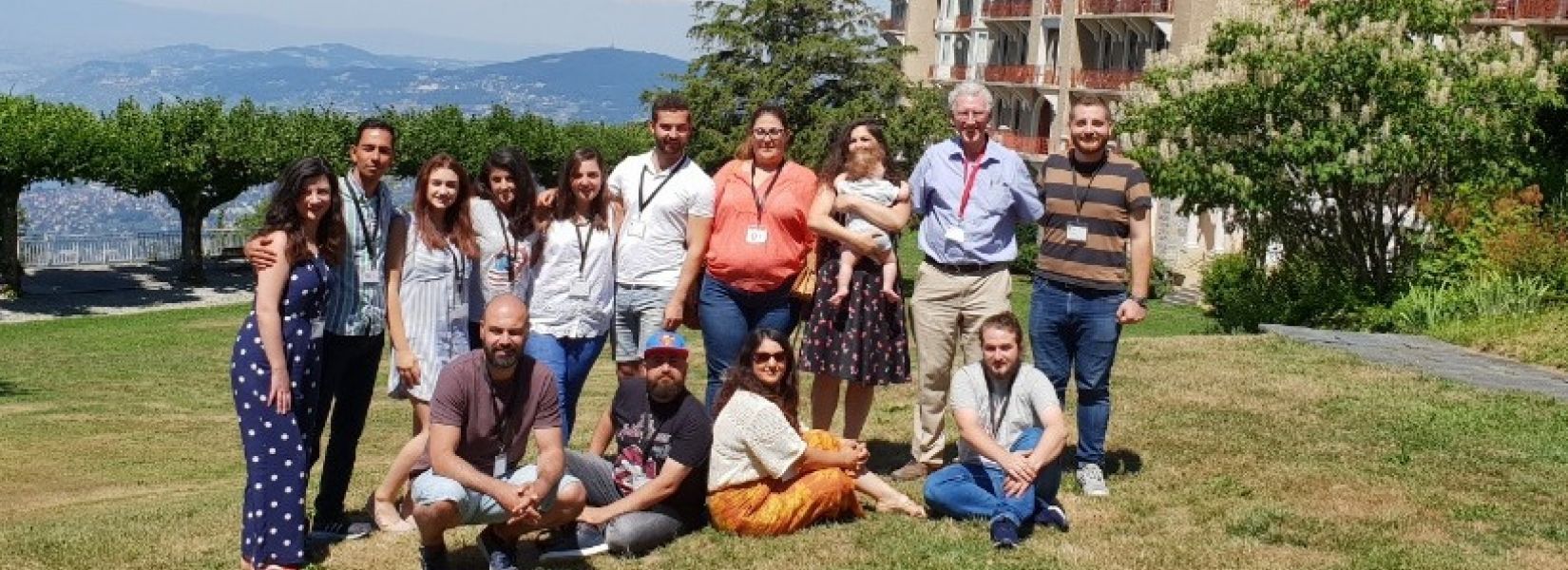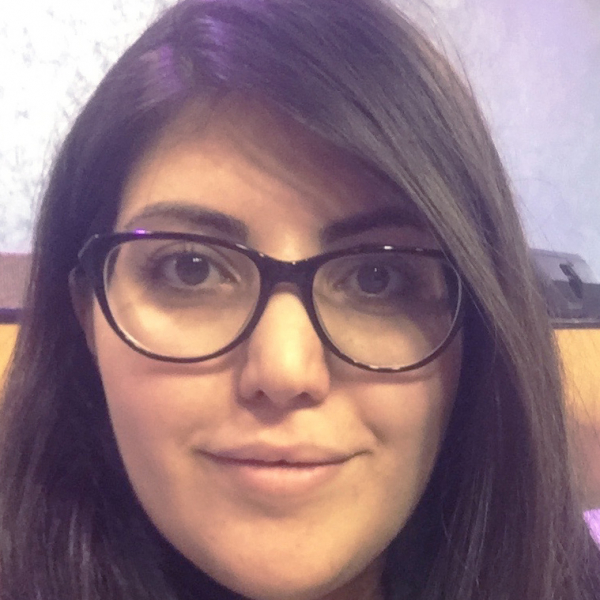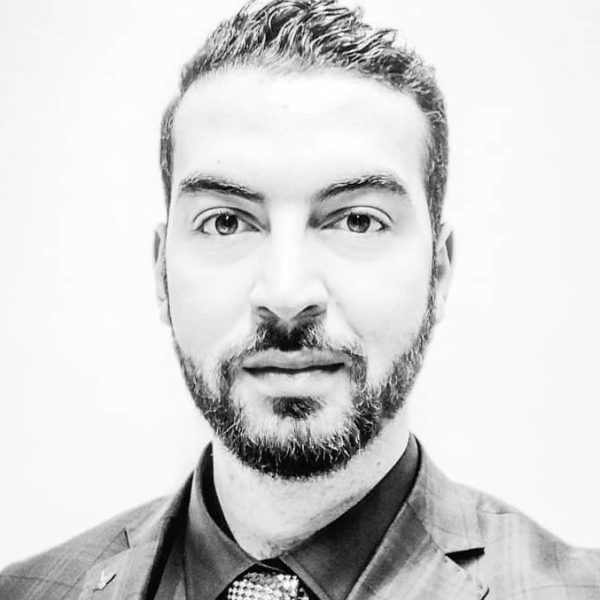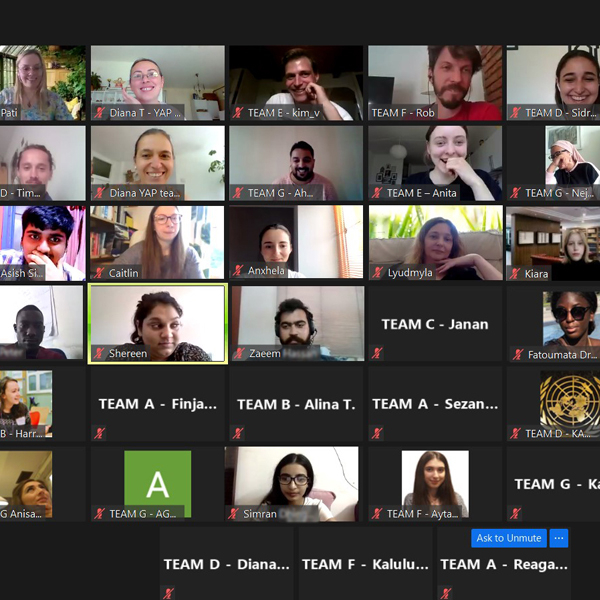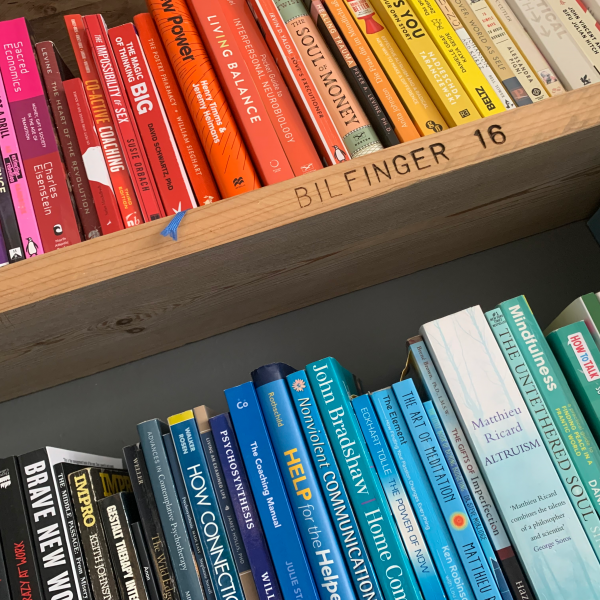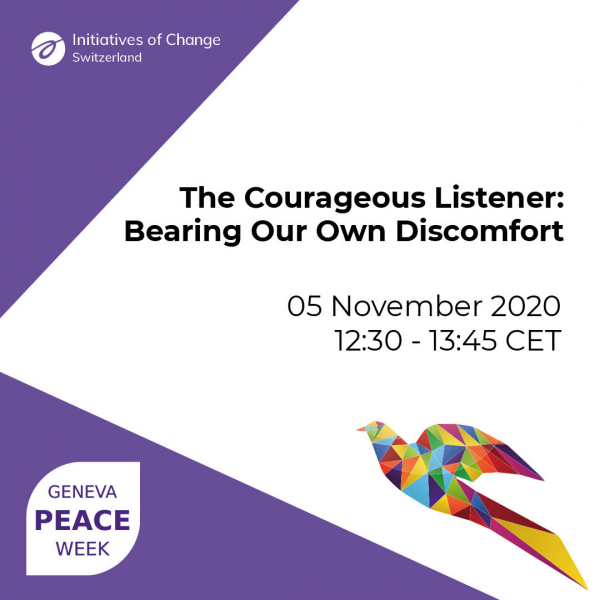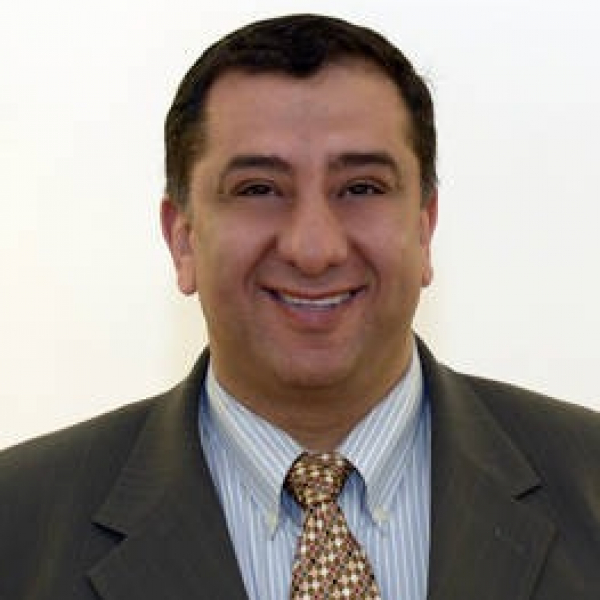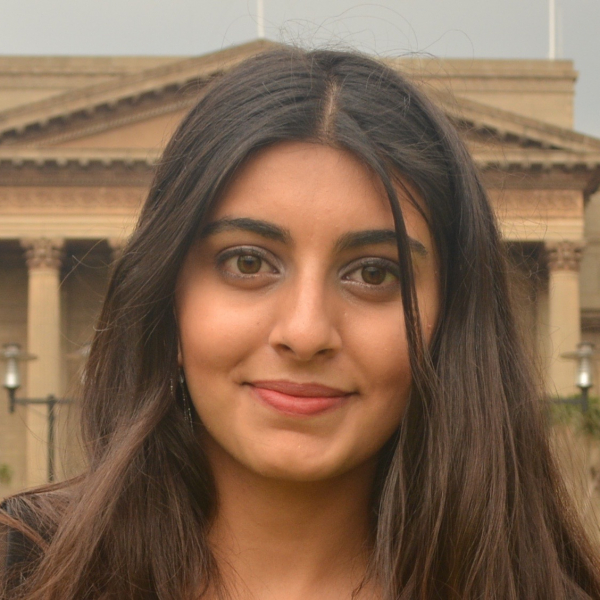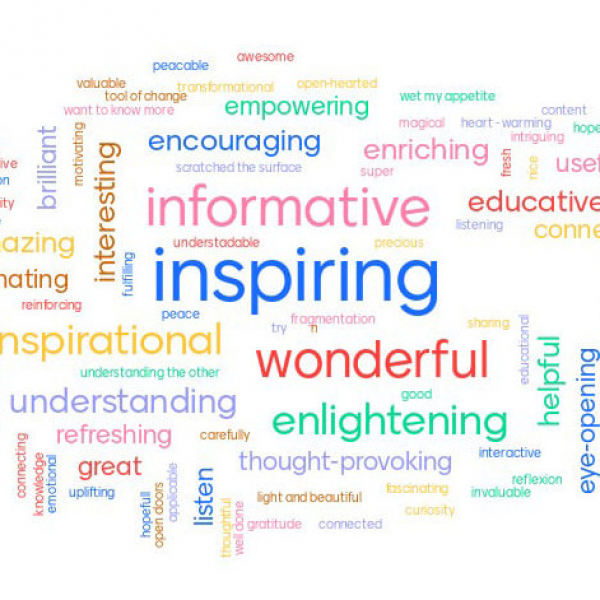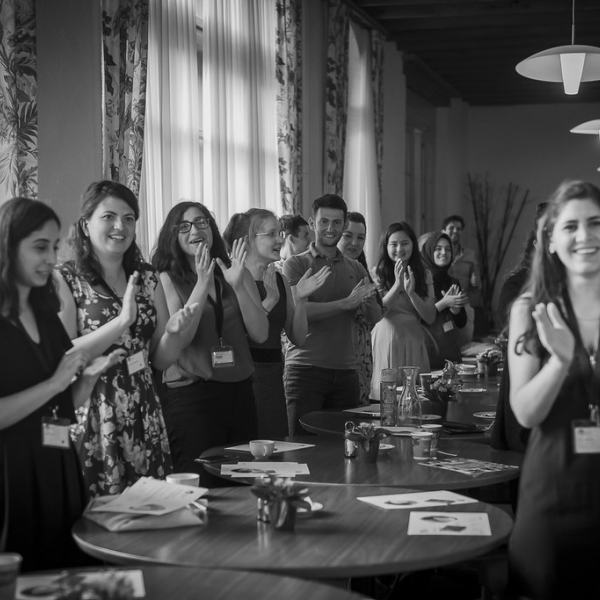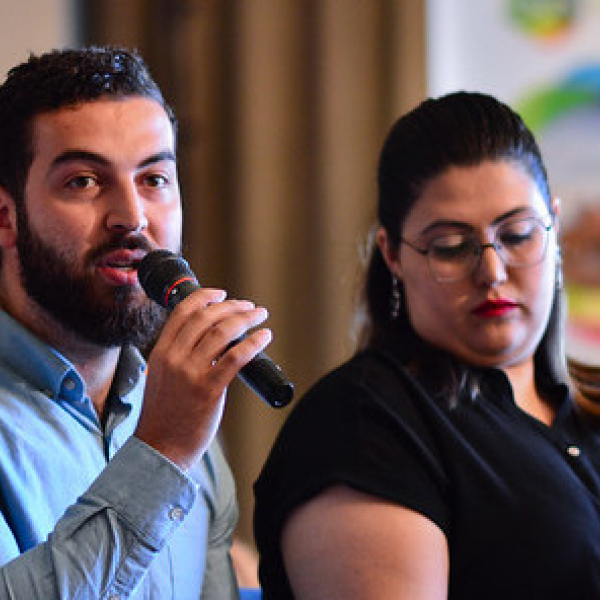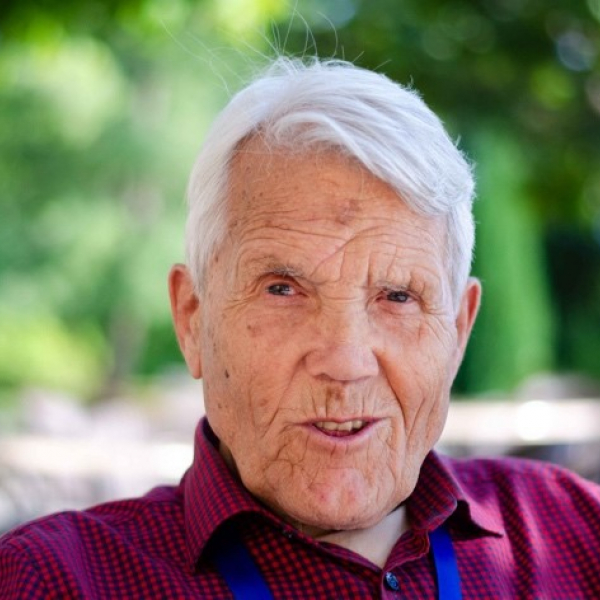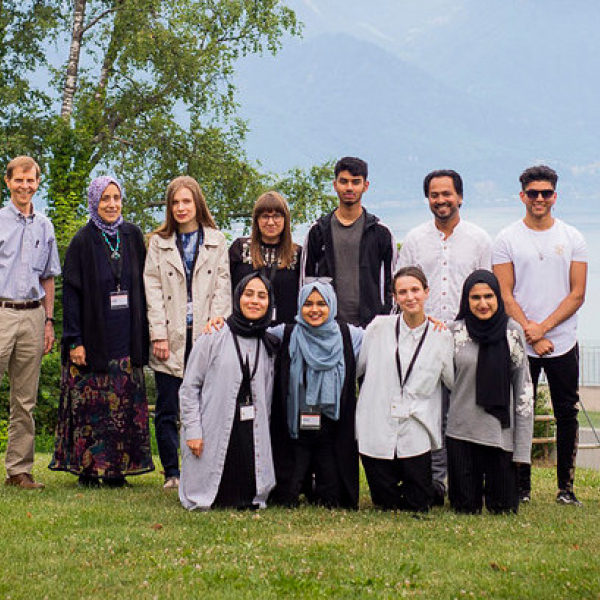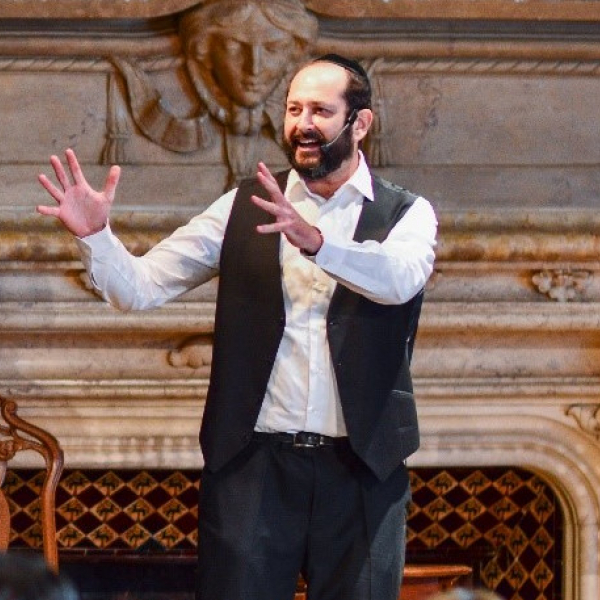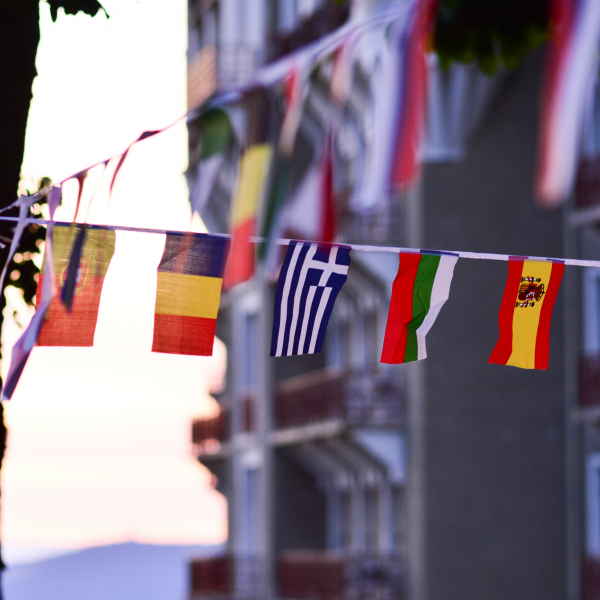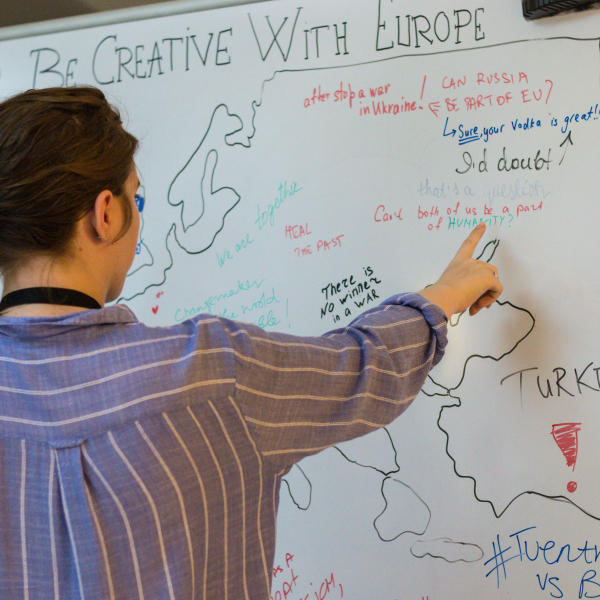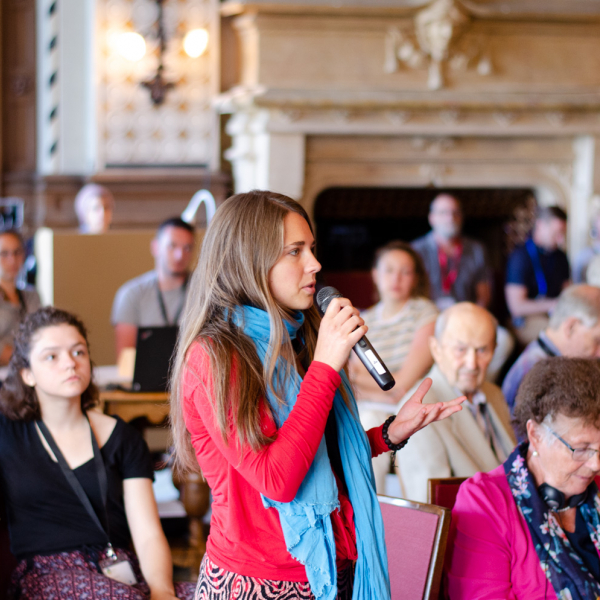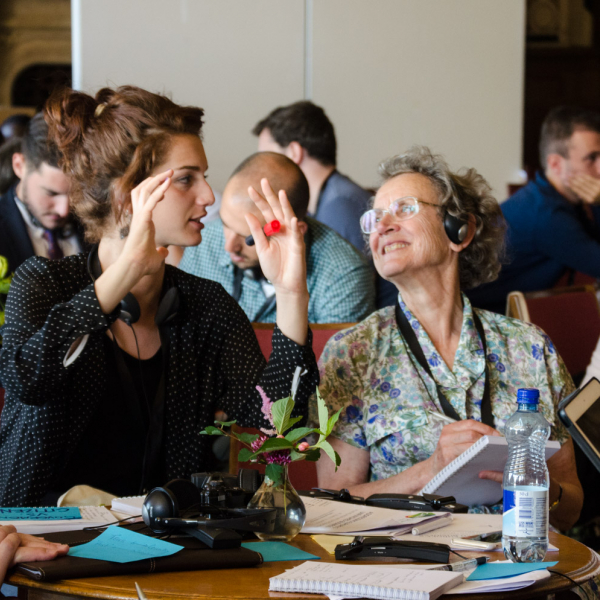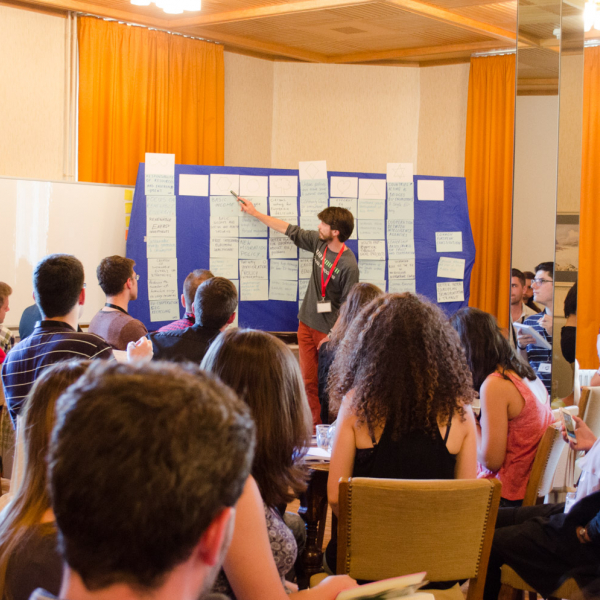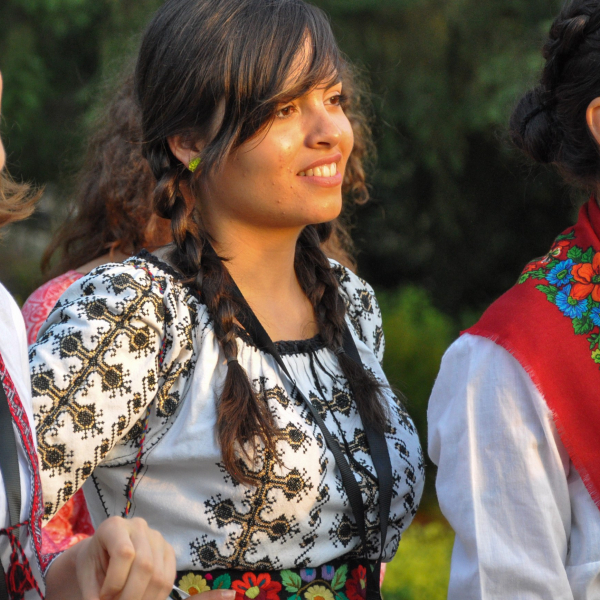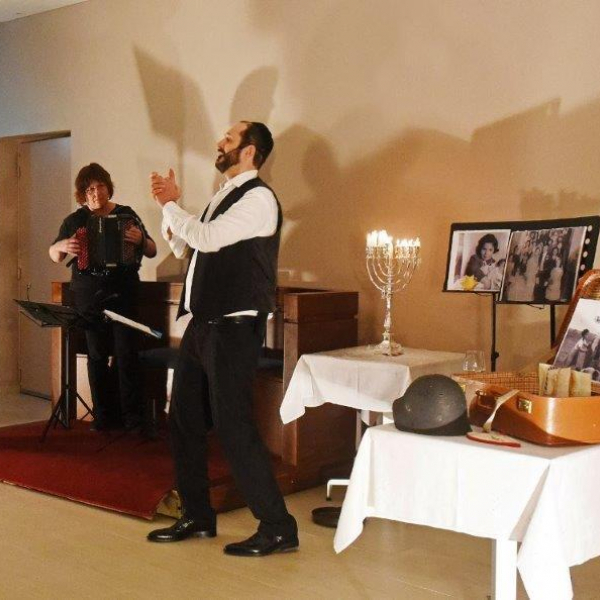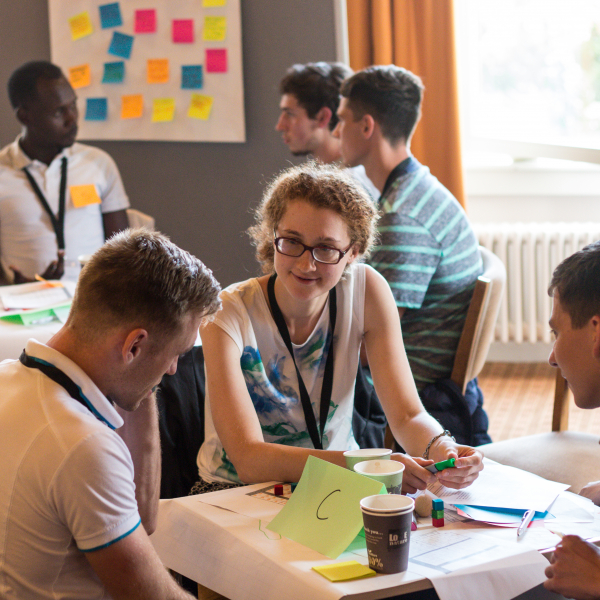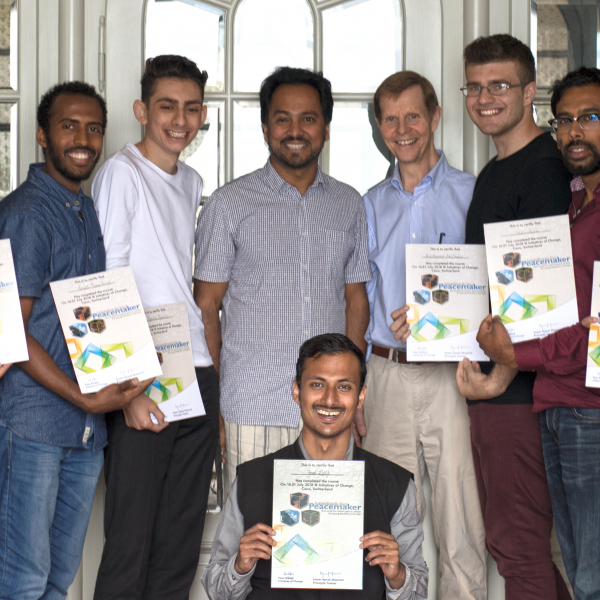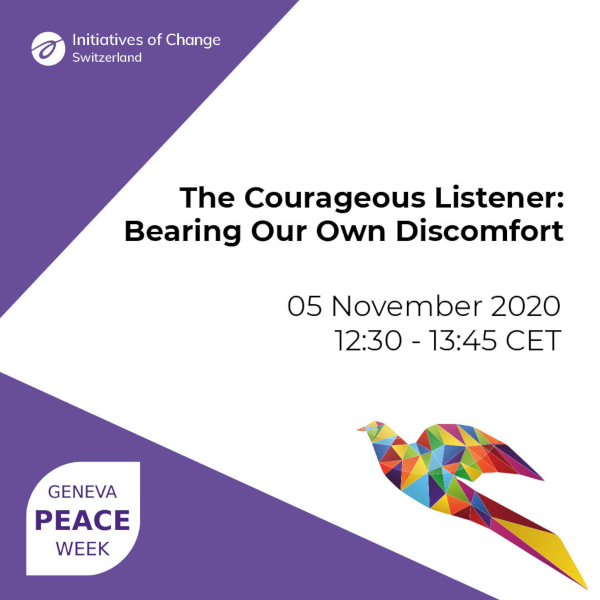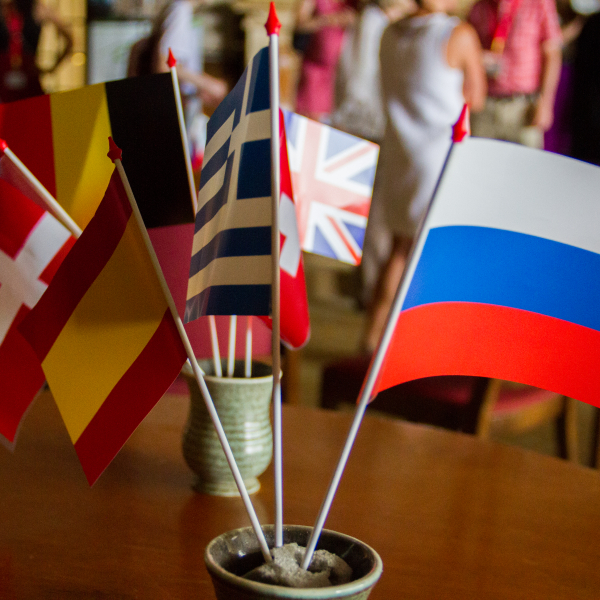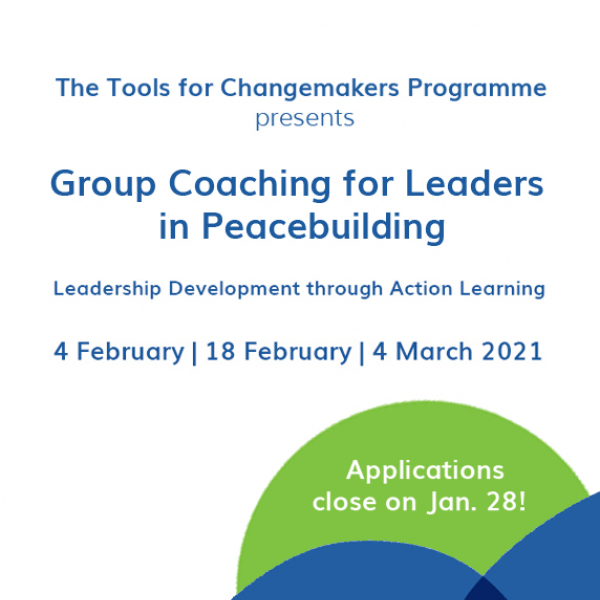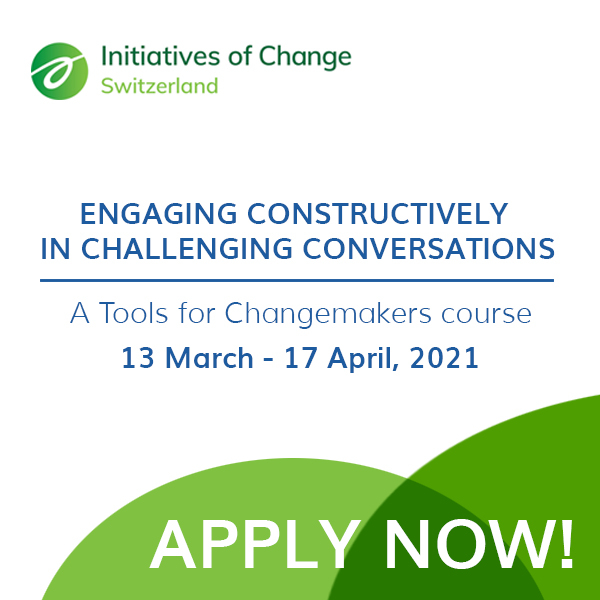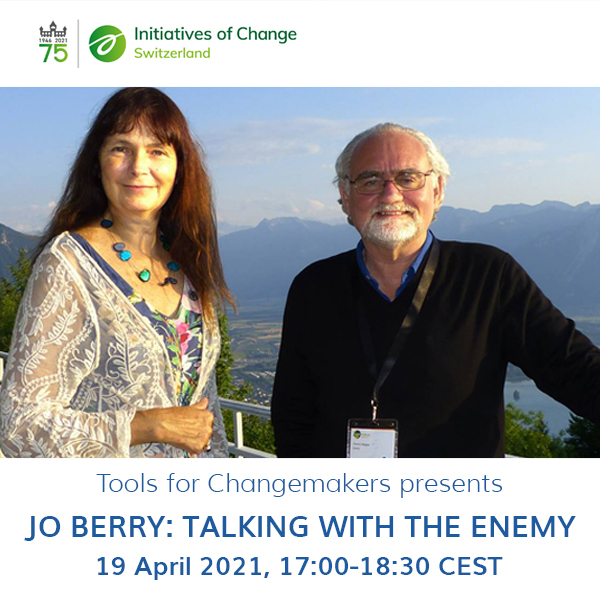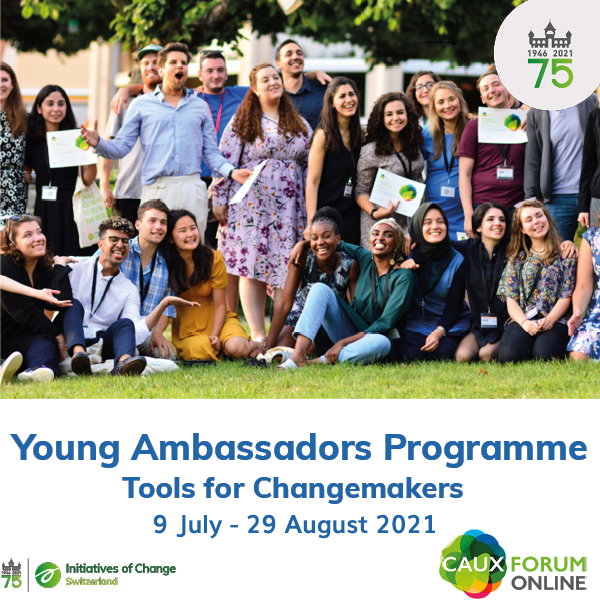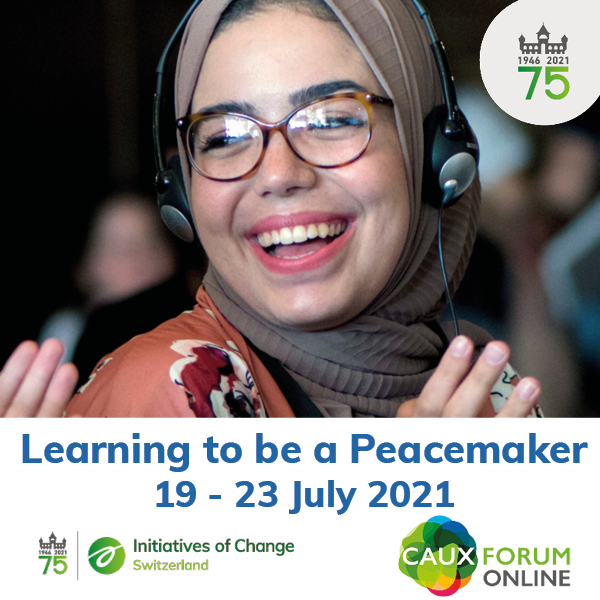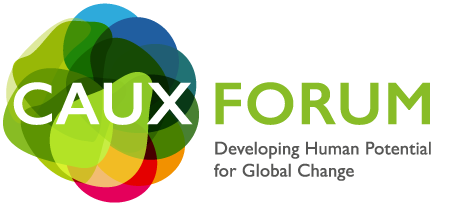
Armenian-Kurdish-Turkish Dialogue
Tools for Changemakers
The Armenian-Kurdish-Turkish Dialogue (AKT Dialogue) will be held again this year at Caux, Switzerland. It will take place during the Forum on ‘Tools for Changemakers – Rebuilding Trust in Europe’.
The AKT Dialogue brings together people of Armenian, Kurdish and Turkish background, of different generations, to explore sensitive issues that affect the relationships between their communities. The sessions are designed to ensure a safe space in which each participant can contribute their views freely.
AKT began in 2015, the centennial of the Armenian genocide, when a group of students from Lebanon organized a hike to the Musa Dagh Mountain in Turkey to honor the ‘Musa Ler’ 1915 resistance. The group included Armenians, Turks and Kurds, and they decided to dialogue. In 2016 the AKT Dialogue was launched at the Caux Forum and has been held annually in collaboration with Initiatives of Change.
At the 2018 conference, AKT participants launched an initiative to promote dialogue in their own communities. The Armenian-Kurdish-Turkish Peace Initiative (AKTPI) is tackling the long historical disputes between and within their communities. It aims to hold dialogues with opponents, to confront and not to avoid, to promote awareness, create a safe space for healing memories, increase tolerance and inclusion, work on conflict resolution and help all towards a peaceful closure.
Currently, The AKTPI is active in Netherlands, Lebanon, Turkey and Armenia. We hope to expand into other countries and reach many more Armenians, Kurds and Turks.
Anyone interested is warmly invited to attend the Caux Forum on ‘Tools for Changemakers – rebuilding trust in Europe’ and join the sessions dedicated to this dialogue!
